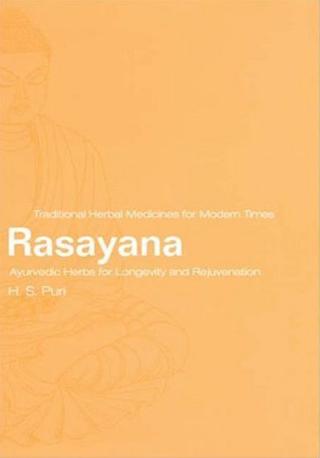

No significant differences were found between the subject groups for total disfluencies in conversation, although the white subjects did display significantly more hesitations. The black subjects exhibited significantly more total disfluencies in reading than did the white subjects in terms of disfluency differences by type, the black subjects displayed significantly more word and phrase repititions.

Both the spontaneous speech samples and the reading samples were rated for disfluency by three clinically certified speech-language pathologists. A 100-word conversational speech sample and a 200-word reading sample were elicited from subjects who passed the screening (28 black athletes. Ninety-two male college athletes were screened in the areas of articulation, voice, fluency, and hearing.

Speech samples elicited from nonstuttering black subjects and from nonstuttering white subjects were compared for degree and nature of disfluencies. This would indicate that students next to finish their career do not have the necessary training in basic social skills. The percentage of déficits of the students of fifth year was superior. We also observed a great percentage of deficits in the social skills repertoire of the students, as much in the complete scale scores as in the specific skills that the instrument assesses. We found statistical significant differences in Academic Social Skills (factor 5) favorable to first year. year and 100 of the fifth year, accidentally selected. For this purpose, we applied the Social Skills Inventory (IHS-Of the Prette) to 200 psychology students, 100 of the first. Furthermore, we studied differences between first year students and students who were finalizing their careers (fifth year students). In the present study we investigated the Social skills repertoire of Psychology students of the Universidad Nacional de Córdoba, Argentina.


 0 kommentar(er)
0 kommentar(er)
